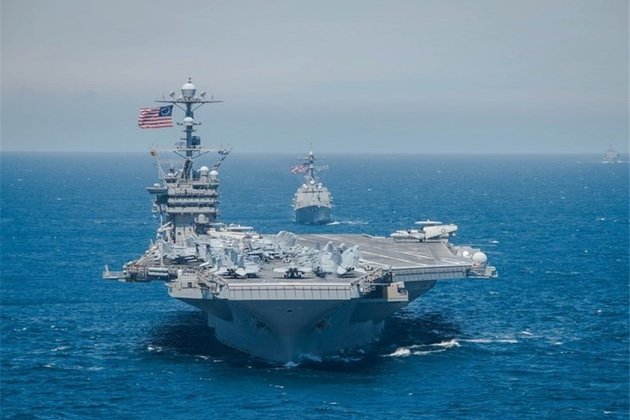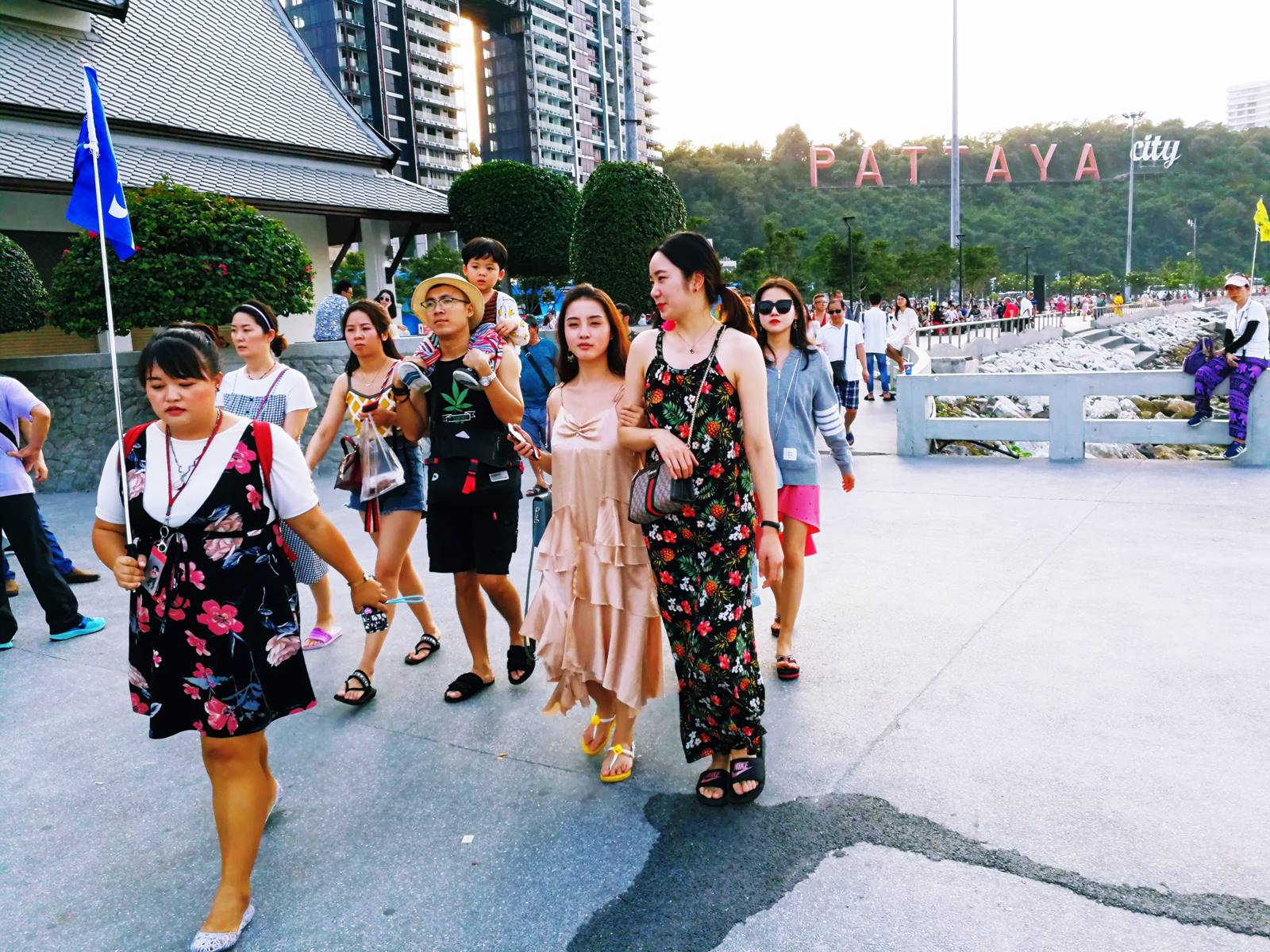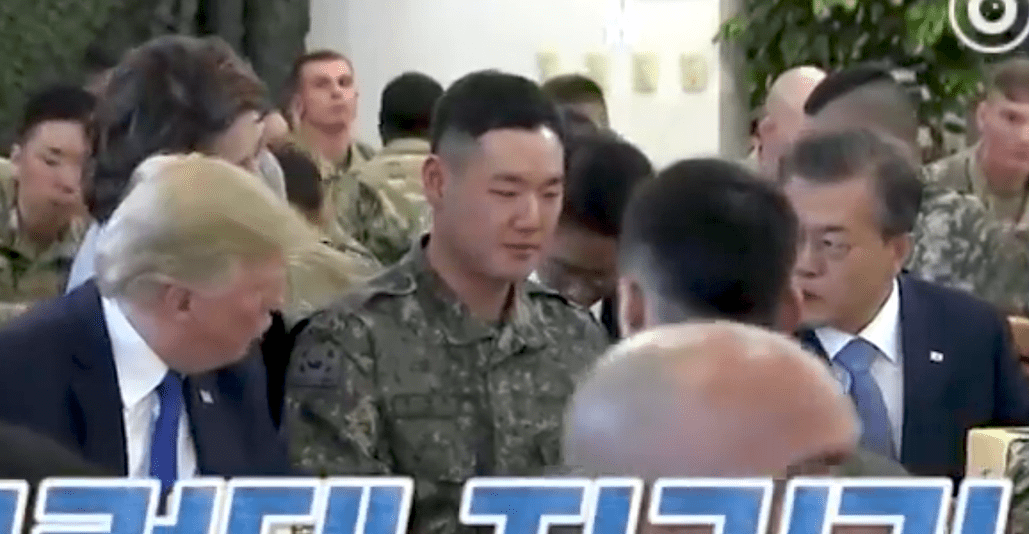Politics
Thailand in 2011: a year of surprises
Author: Pisit Leeahtam, Chiang Mai University After facing two violent street protests in the last two years, Prime Minister Abhisit Vejjajiva’s coalition government started 2011 in relative calm. The then-opposition Pheu Thai Party was without a visible leader, and many saw the red shirts as still suffering from the May 2010 violence and thus unlikely to stage another street protest. In contrast, Abhisit maintained strong royalist and military support, and was accepted by the middle class and elites. The business environment was favourable as activity picked up strongly after Thailand’s political turmoil and the global financial slow-down. Agricultural output and tourism had improved, and consequently labour demand surged to the point of engendering a widespread shortage in both skilled and unskilled labour. The global food crisis and demand for commodities helped boost prices, and thus farmers’ incomes. Much of the government’s extra-budgetary spending from the 2009 stimulus package was also ready for cash disbursement. Conditions seemed favourable to call the general election, which was due to take place by the end of 2011. But the government had failed to address a basic economic problem with widespread social impacts — price hikes in food and commodities, and a shortage of key supplies for households. To win grassroots support, the Abhisit government resorted to populist measures such as price controls, subsidies and wage increases. The opposition seized this opportunity to accuse the government of mishandling supplies, and highlighted Abhisit’s inability to prevent corruption within his government. As inflation surged, the central bank increased the policy rate in every Monetary Policy Committee meeting from mid-2010. Abhisit kept his word and declared an early house dissolution in May. He believed the general election could move the country forward and provide him with a strong governing mandate. The Democrats had underestimated Thaksin’s grassroots popularity. Under the unofficial leadership of Thaksin Shinawatra — abroad since 2008 due to his self-imposed exile — the Pheu Thai Party won a landslide victory at the 3 July general election. Despite the divisive outcome, most Thais have embraced the election result in order to move the country forward . Yingluck Shinawatra, Thaksin’s younger sister and a political novice lacking in public administration experience, became the country’s first female prime minister. Thaksin and his ex-wife rewarded his loyal supporters with ministerial and other political positions. The cabinet thus consists of many inexperienced ministers. Many red shirt leaders also came to occupy government office. Reshuffles and appointment of Thaksin’s close ties have been made to strengthen Thaksin’s grip on the bureaucracy. The government has made immediate move to allow Thaksin’s return — without threat of imprisonment. The attempt to obtain Thaksin a royal pardon failed, although certain ministers have suggested there will be further attempts to grant him amnesty under the general reconciliation agenda. The new foreign minister has also returned Thaksin’s passport. The first 100 days under Yingluck have left some unconvinced of her ability to lead, despite an initial honeymoon period. Populist campaign promises were put into action, including temporary exemptions from contributions to the oil fund; salary increases for state officers; an increase in the minimum wage to 300 baht (US$9.60) per day; a minimum salary for bachelor’s degree holders of 15,000 baht (US$480) per month; a reduction of corporate income tax; 0 per cent interest on car and housing loans for first-time buyers; and the rice pledging scheme’s re-introduction. Skeptics, business entrepreneurs and intellectuals voiced strong concerns that, if implemented, these populist policies could abruptly erode the country’s competitiveness and weaken long-term fiscal health. But their dissent has had little impact on the government’s actions. Sadly, Yingluck received an unaffectionate welcome from nature, as the country faced its worst floods in decades , covering one-third of the country. Agricultural and industrial estates in many provinces were severely damaged by the prolonged flood. Over one million households were inundated. Production chains in non-flooded areas were also disrupted. Output and export are adversely affected. Growth was revised to slightly over 1 per cent for 2011; and the Bank of Thailand, in its latest meeting on 30 November, decided to cut policy interest rates for the first time. The inefficiency of flood relief operations has been severely criticized, and some have also alleged that corruption threatens the government’s flood-relief measures. This discontent could shorten Yingluck’s tenure. The flooding’s impact on the economy is still unclear, but could be as significant as the damage experienced during the financial crisis in 1997. The floods will certainly weaken the country’s ability to export during the next few quarters, and investors may review their investments in the flooded region. The euro crisis could further soften export demands and lessen the flow of European tourists, reducing Thailand’s ability to generate income and thus tax revenue. The government undoubtedly needs huge budget expenditure to cope with the country’s flood victims and to bolster capital investment in the flooded region. The government’s challenge is now to chart the expenditure programs for 2012, while also preserving fiscal integrity. Pisit Leeahtam is Dean at the Faculty of Economics, Chiang Mai University, and was formerly Deputy Minister of Finance in Thailand. This piece is part of a special feature series: ’2011 in review and the year ahead’. Where is Thailand heading? Uncertainties in Thailand Thailand: the end of a year of political troubles

After facing two violent street protests in the last two years, Prime Minister Abhisit Vejjajiva’s coalition government started 2011 in relative calm.
The then-opposition Pheu Thai Party was without a visible leader, and many saw the red shirts as still suffering from the May 2010 violence and thus unlikely to stage another street protest. In contrast, Abhisit maintained strong royalist and military support, and was accepted by the middle class and elites.

Yingluck Shinawatra, Thaksin’s younger sister and a political novice lacking in public administration experience, became the country’s first female prime minister
The business environment was favourable as activity picked up strongly after Thailand’s political turmoil and the global financial slow-down. Agricultural output and tourism had improved, and consequently labour demand surged to the point of engendering a widespread shortage in both skilled and unskilled labour. The global food crisis and demand for commodities helped boost prices, and thus farmers’ incomes. Much of the government’s extra-budgetary spending from the 2009 stimulus package was also ready for cash disbursement. Conditions seemed favourable to call the general election, which was due to take place by the end of 2011.
But the government had failed to address a basic economic problem with widespread social impacts — price hikes in food and commodities, and a shortage of key supplies for households. To win grassroots support, the Abhisit government resorted to populist measures such as price controls, subsidies and wage increases. The opposition seized this opportunity to accuse the government of mishandling supplies, and highlighted Abhisit’s inability to prevent corruption within his government. As inflation surged, the central bank increased the policy rate in every Monetary Policy Committee meeting from mid-2010.
Abhisit kept his word and declared an early house dissolution in May. He believed the general election could move the country forward and provide him with a strong governing mandate. The Democrats had underestimated Thaksin’s grassroots popularity. Under the unofficial leadership of Thaksin Shinawatra — abroad since 2008 due to his self-imposed exile — the Pheu Thai Party won a landslide victory at the 3 July general election. Despite the divisive outcome, most Thais have embraced the election result in order to move the country forward.
Yingluck Shinawatra, Thaksin’s younger sister and a political novice lacking in public administration experience, became the country’s first female prime minister. Thaksin and his ex-wife rewarded his loyal supporters with ministerial and other political positions. The cabinet thus consists of many inexperienced ministers. Many red shirt leaders also came to occupy government office. Reshuffles and appointment of Thaksin’s close ties have been made to strengthen Thaksin’s grip on the bureaucracy.
The government has made immediate move to allow Thaksin’s return — without threat of imprisonment. The attempt to obtain Thaksin a royal pardon failed, although certain ministers have suggested there will be further attempts to grant him amnesty under the general reconciliation agenda. The new foreign minister has also returned Thaksin’s passport.
Author: Pisit Leeahtam, Chiang Mai University
Pisit Leeahtam is Dean at the Faculty of Economics, Chiang Mai University, and was formerly Deputy Minister of Finance in Thailand.
This piece is part of a special feature series: ’2011 in review and the year ahead’
Read the rest here:
Thailand in 2011: a year of surprises
Politics
US Navy Carrier Conducts Exercises in South China Sea

TEHRAN (Tasnim) – A US Navy aircraft carrier conducted exercises in the contested South China Sea on Friday, the US navy said in a statement. –
A strike group led by the USS Ronald Reagan conducted flight operations and high-end maritime stability operations and exercises, the statement said, Reuters reported.”Integration with our joint partners is essential to ensuring joint force responsiveness and lethality, and maintaining a free and open Indo-Pacific,” US Navy Commander Joshua Fagan, Task Force 70 air operations officer aboard USS Ronald Reagan, was quoted as saying.The drill comes amid heightened tensions between the United States and China.
Washington has criticized Beijing over its novel coronavirus response and accuses it of taking advantage of the pandemic to push territorial claims in the South China Sea and elsewhere.The United States has long opposed China’s expansive territorial claims in the South China Sea and has sent warships regularly through the strategic waterway.China has objected to such exercises and said the US rejection of its claims in the South China Sea has raised tension and undermined stability in the region.China claims nine tenths of the resource-rich South China Sea, through which some $3 trillion of trade passes a year. Brunei, Malaysia, the Philippines, Taiwan and Vietnam have competing claims.
Politics
How China is using tourism for geopolitical goals
The Chinese government has a degree of leverage over its tourists that other governments do not enjoy. Many Chinese tourists are new to international tourism and have limited international language abilities

Decades of astonishing economic growth have given China new tools for extending its influence abroad and achieving its political goals.
(more…)






